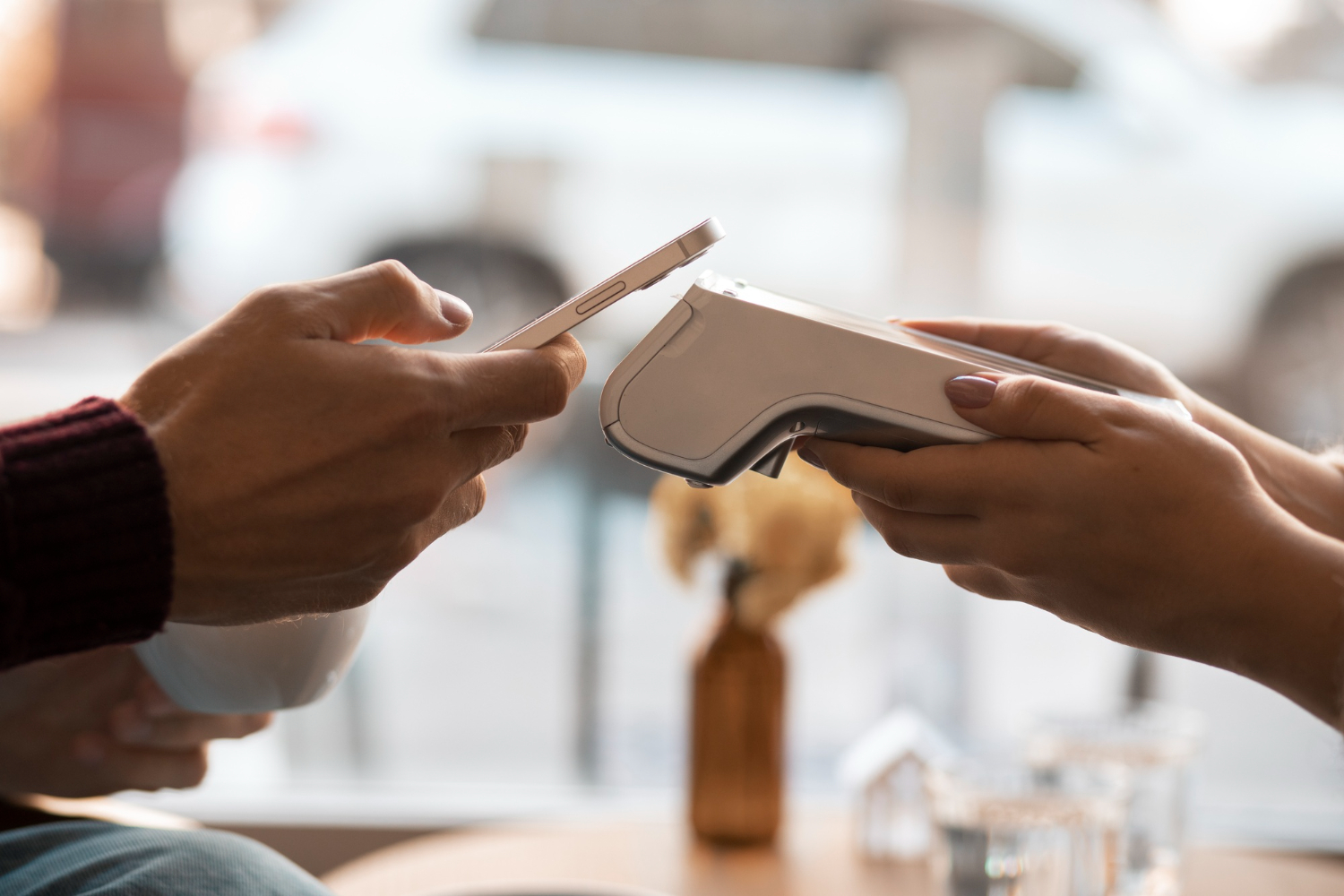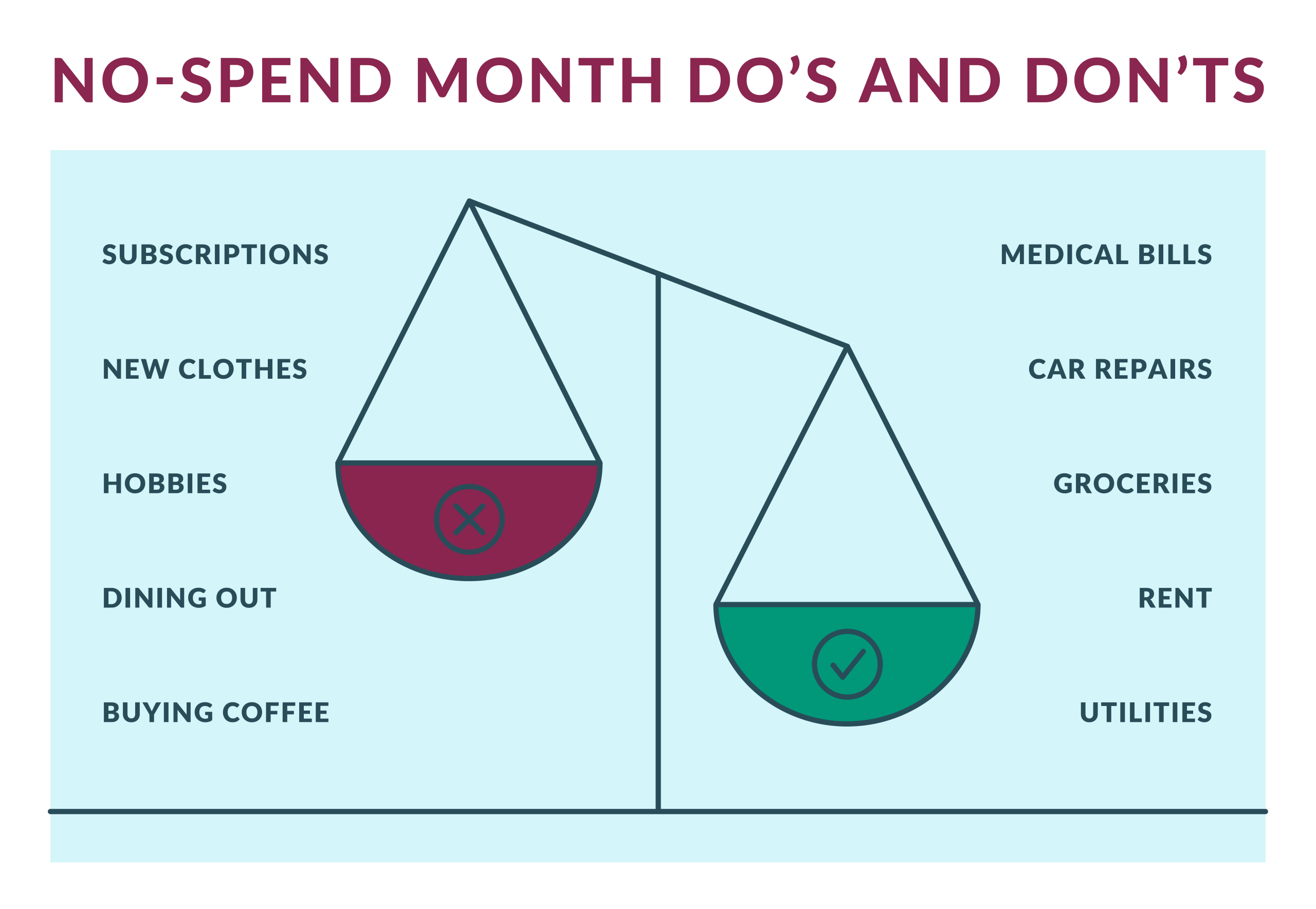Anúncios
Do you know what a digital wallet is? You have probably seen someone making a payment using their smartphone or even a smartwatch without needing to take out a credit or debit card.
This convenience is thanks to digital wallets, which can make the entire payment process faster and more secure.
If you are still unsure about digital wallets and how they can make your daily life easier, keep reading, check out more details, and decide which one to use.
What is a Digital Wallet?
Digital wallets store your payment options, such as credit and debit cards, allowing you to use your smartphone conveniently and practically for making a purchase.
They are a type of financial transaction application that can be run on any connected device. They securely store your payment information and passwords.
In addition to credit and debit cards, you can keep more things in a digital wallet, such as:
- Gift cards,
- Membership and loyalty cards,
- Coupons,
- Event tickets,
- Airline tickets, and more.
The technology also allows for transactions and even checking payment history. Thus, besides not always needing to have your physical wallet on hand, you can follow your financial movements more comprehensively.
However, it’s important to note that not every merchant may be equipped with the technology to accept this form of payment, so it’s worth being prepared.
Understand How a Digital Wallet Works in Practice
Now you know what a digital wallet is. But like any new technology, it’s normal to be skeptical about its operation, especially when it involves confidential banking, financial, and credit card information.
Know that all data transfers in a digital wallet work through features like WiFi or Bluetooth.
They offer a robust security feature known as “tokenization.” This method protects your credit or debit card information during transactions.
When you make a purchase with a digital wallet, it does not transmit your real card number to the merchant. Instead, a unique, randomly generated token is used to complete the transaction.
This token serves as a temporary substitute, ensuring your personal data remains protected.
Below, you will better understand the three most used functions by digital wallet technology.
NFC
Near Field Communication (NFC) is the technology that allows information exchange between nearby devices. Apple Pay and Google Pay, for example, have this feature. For it to work well, the merchant must also have compatible card readers at the checkout.
MST
Magnetic Secure Transmission (MST) works through a magnetic signal, similar to using the magnetic stripe of a card. This signal is transmitted to the card reader. Samsung Pay is an example that uses MST and NFC technology for payment.
QR Code
QR codes are essentially barcodes that you can easily scan using your smartphone camera. PayPal, for example, allows you to generate a QR code when making a payment in a store.
Are Digital Wallets Safe?
Despite the suspicion around innovative technology that is not “tangible” like the physical cards everyone is used to, digital wallets are very secure!
Access to your digital wallet involves other security layers, such as requiring a PIN or biometric information like a fingerprint or facial recognition.
Additionally, contactless digital payments are generally safer than paying with a chip or the magnetic stripe of a physical card, not just because of tokenization technology but also due to the authentication requirement.
If someone steals your physical card, it will be much easier to use than stealing the device where your digital wallet is stored.
With a digital wallet, there are often multiple security layers, whether requiring a fingerprint, facial recognition, or password protection.
Still, as a precaution, always be careful in public places. Don’t forget to cover your screen when using your smartphone if you are typing your password.
Is it Worth Using a Digital Wallet?
So, is it worth getting your digital wallet and adopting this technology? Here are some pros and cons to help you conclude about digital wallets. Check them out:
Pros
- Convenience in daily life: The digital wallet is more practical to carry and frees up space in your pocket, as it can be accessed from your device. Moreover, you can keep many types of cards in the digital wallet.
- Security: As mentioned, the technology features data encryption and tokenization, making it a safer option than physical credit and debit cards.
- Limits exposure of financial and personal information: Digital wallets enhance the protection of your financial and personal data during transactions.
- No need to carry physical wallets and cards: With them, you no longer need to carry physical cards and documents, as everything can be stored on your mobile device, making your life easier by reducing the number of items you need to carry with you.
- Improves access to financial services: They offer greater access to financial services, especially for people in less privileged regions, expanding their buying and selling possibilities.
Cons
- You will have limitations on where to use it: Not all merchants or individuals are equipped to accept this type of payment.
- Depends on your device: The reliance on the device where the digital wallet is installed is a significant limitation. If your device runs out of battery or you lose access to it for any reason, you will also lose access to your digital wallet and all its contents.
- Could be vulnerable to identity theft or fraud: If your mobile device is stolen while unprotected or hacked, there is a risk of theft.
How to Choose a Digital Wallet?
Now that you understand what a digital wallet is and how it works, it’s time to define which one is ideal for you.
Currently, the most popular digital wallets include Apple Pay, Samsung Pay, and Google Pay, which are specific to the operating systems of mobile devices. For example, Apple Pay is not compatible with Android devices.
Therefore, your smartphone choice directly influences the digital wallet you can use. A notable exception is PayPal, which offers greater accessibility as it is available on both the Apple App Store and Google Play, working on both operating systems.
Curious and ready to get your digital wallet? Don’t waste time and adapt to the modern technologies available on the market!
Follow the site for more information.






